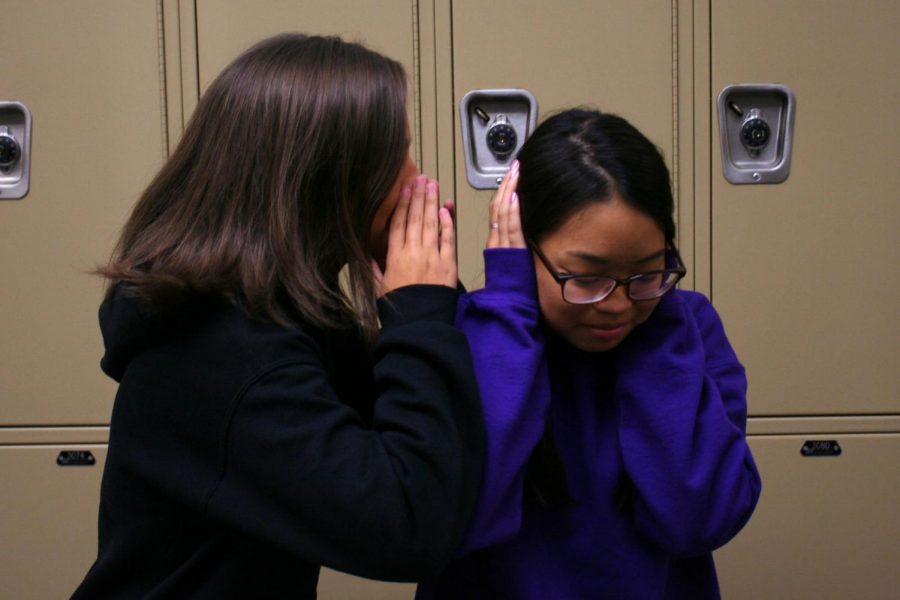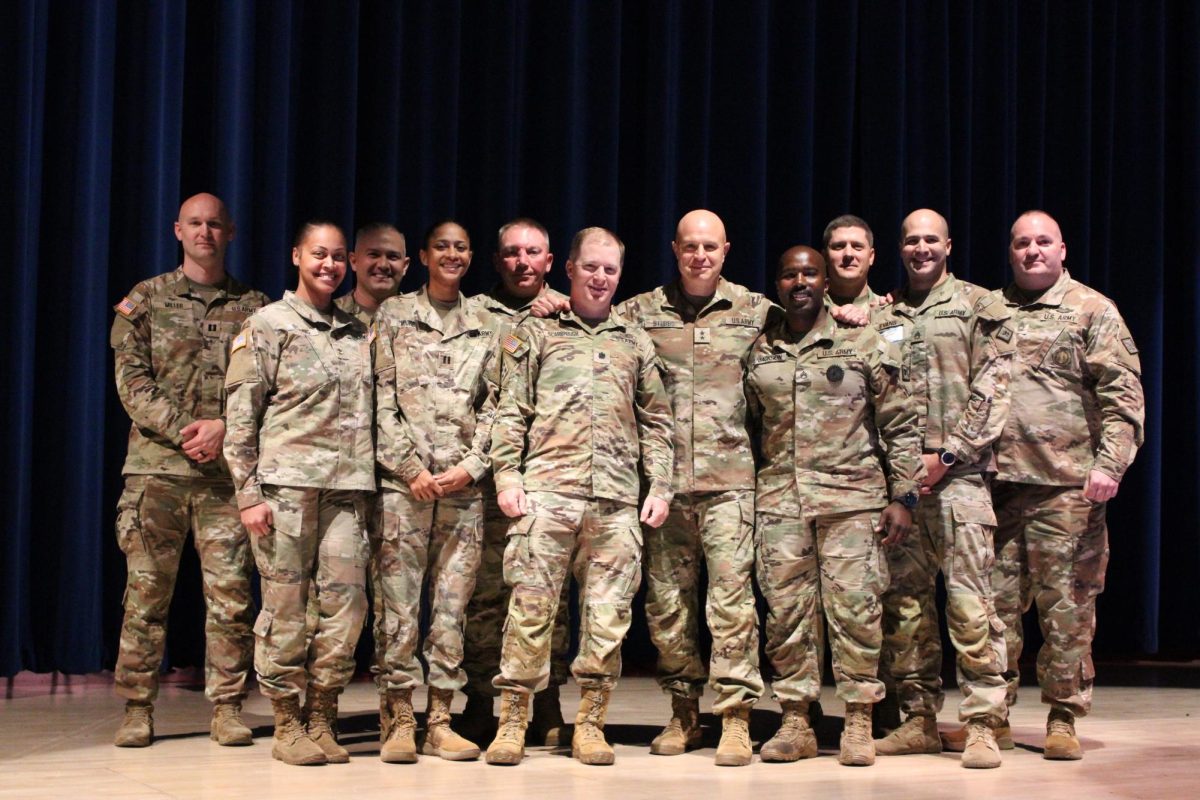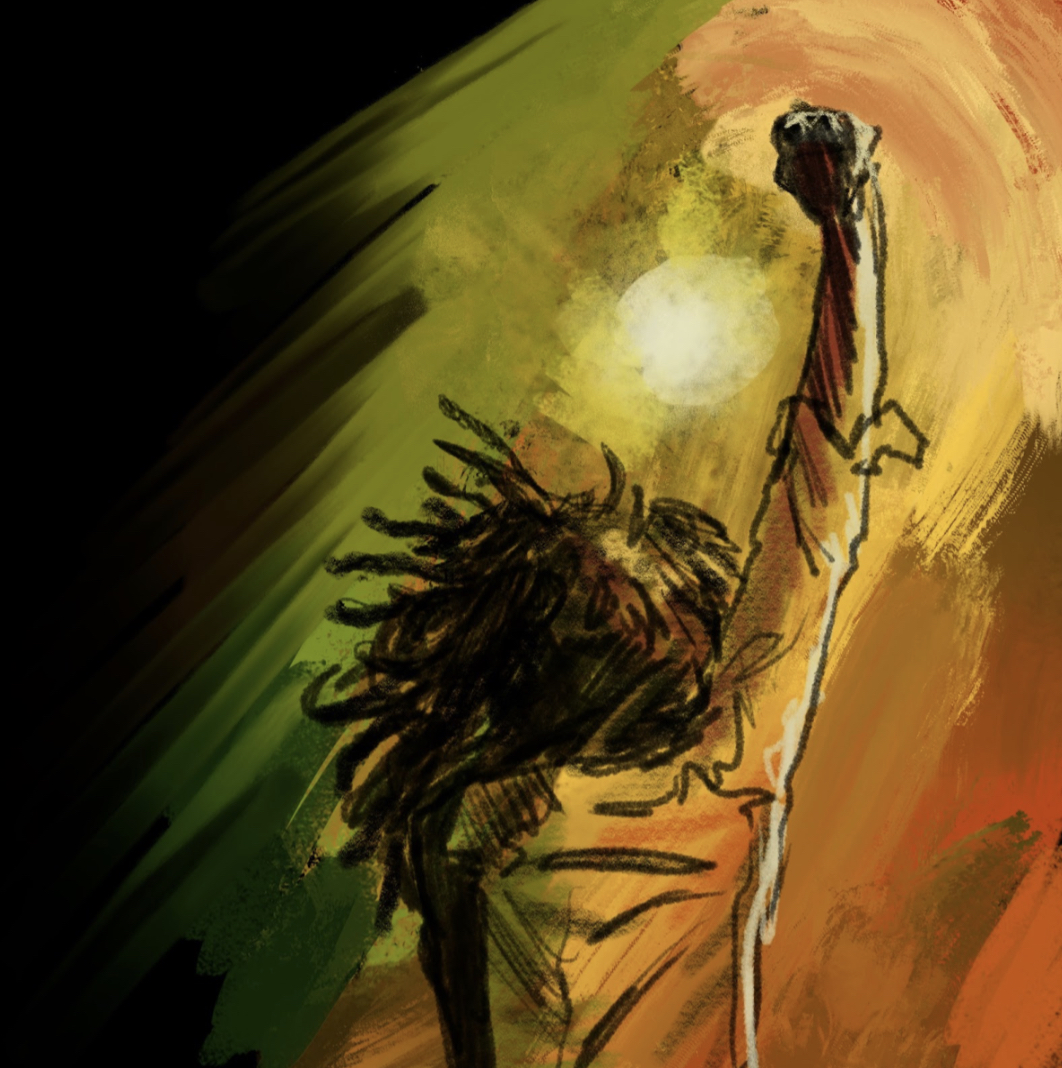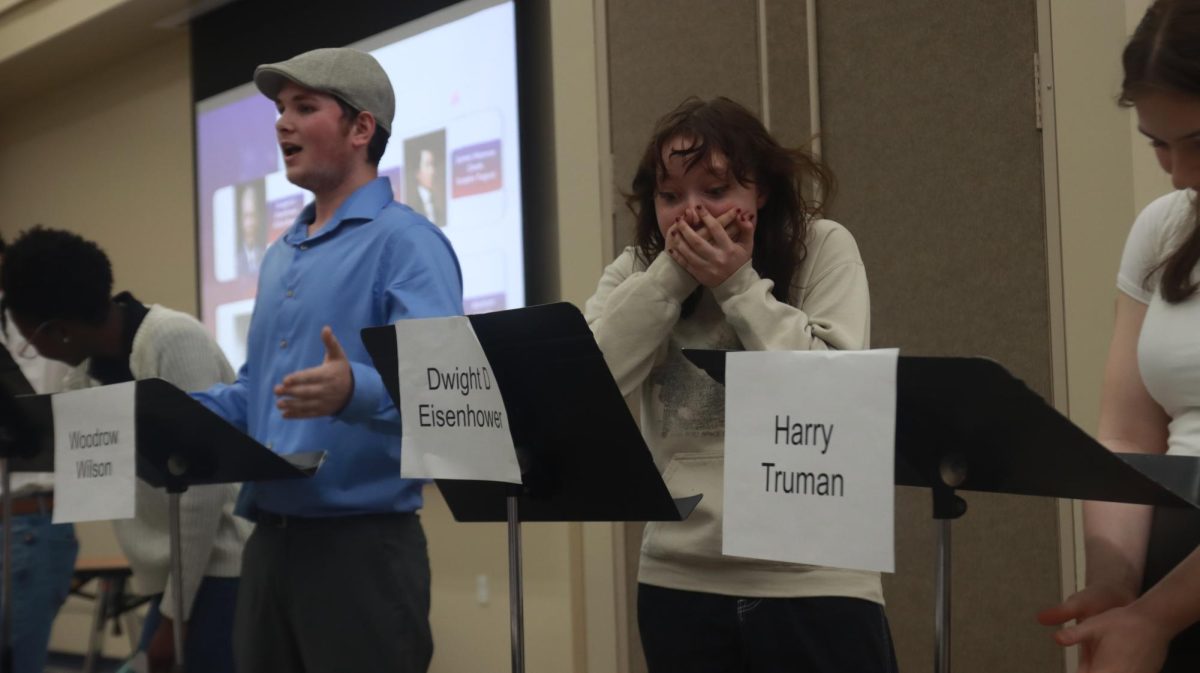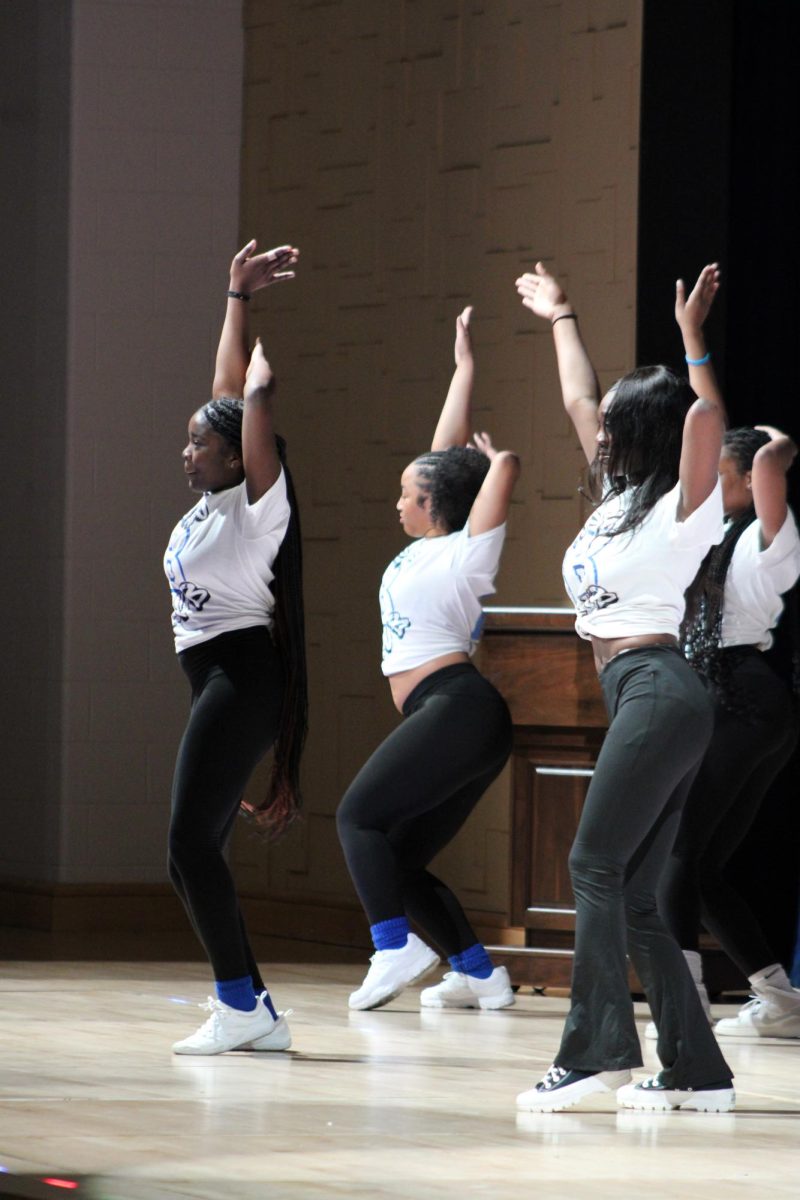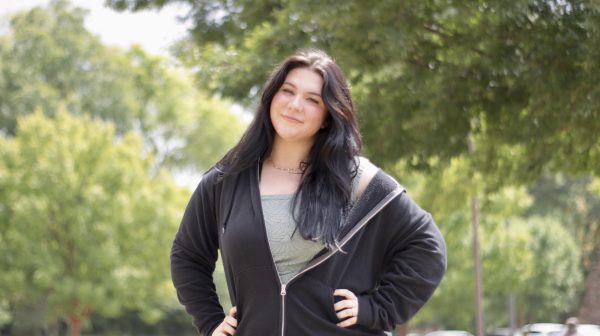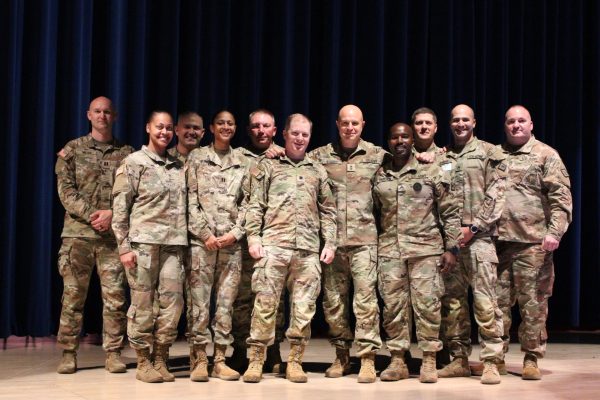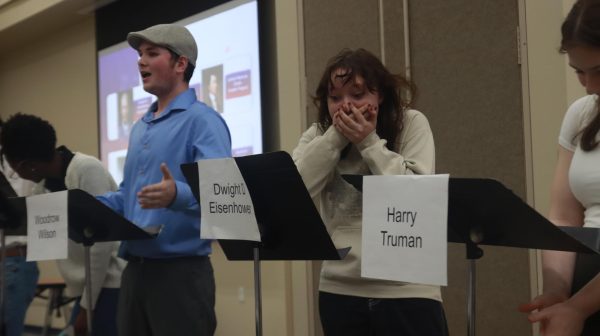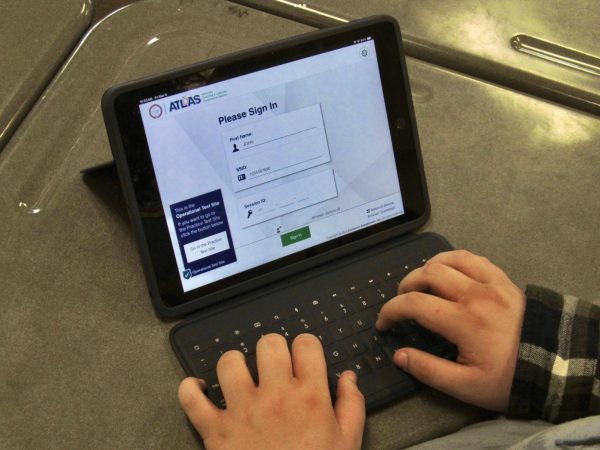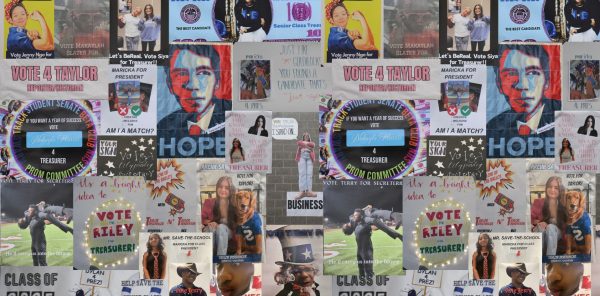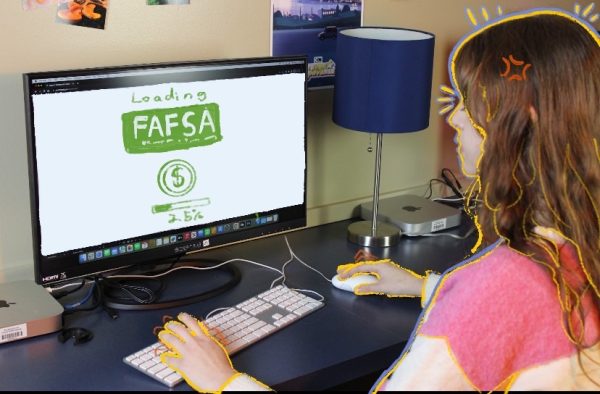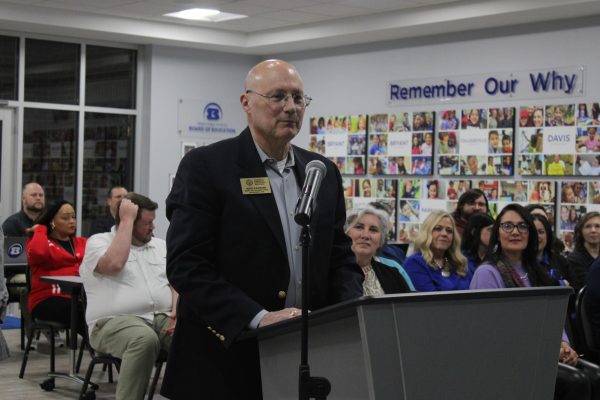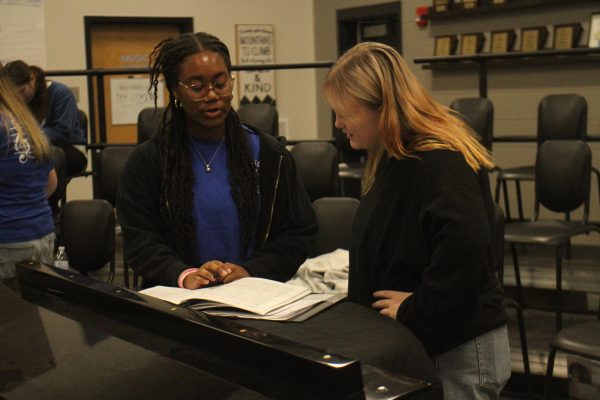Under Pressure
January 12, 2019
Name has been changed*
Students often spend their teenage years attempting to uncover their true identities. They must figure out what they desire to do with their lives and how they will reach those goals. When making these decisions, teenagers are heavily influenced by media. High school tends to affect the minds of teenagers the most, though, when it comes to peer pressure.
As part of human nature, peer pressure impacts the decisions students make on a daily basis. Influence through friendships and eagerness to fit in leads students to assimilation, whether it be negative or positive.
Freshman Jenna Harper deals with peer pressure consistently in her social life, in school and specifically on the cheer team; however, it tends to be positive, because she always associates herself with the right crowd.
“There’s definitely a good type of peer pressure, and if you surround yourself [with] good friends [who] have good morals, you will do the right thing,” Harper said. “I try to stay away from [negative peer pressure], and if it is brought up, I try to change the subject.”
Similar to Harper, sophomore Josie Lee attempts to avoid poor peer pressure as much as possible, instead choosing to positively influence people. She witnesses negative influence regularly and uses it as an opportunity to share the Gospel.
“People often get pressured into drinking, smoking, vaping, drugs or sex,” Lee said. “Daily, I try to pressure people into positive things. I try to spread the Gospel wherever I go. If I see someone doing wrong, I encourage them to turn around and do the right thing.”
Despite being used for good, peer pressure may also lead students to make unhealthy decisions. Sophomore Chase Douglas* often faces the persuasion to take part in these activities.
“Kids at school share negativity, changing the way me and most people think.” Douglas said. “I’ve chosen not to, [but I still] hang around people that do hard drugs, people that won’t go anywhere in life.”
Although some of his peers have tried to influence him, most of the attempted influence Douglas deals with stems from his past.
“As a kid, drugs and pessimism were really strong traits in my family,” Douglas said. “Before he went to jail, [my dad ran] from the cops and was on whatever drugs. I saw him choose running and hiding over facing his problems and fixing things, [and he has] negatively pressured me to follow in his footsteps.”
Senior Madison Betz believes that students are so vulnerable to peer pressure because teenagers are at a transition period in their lives, causing them to be easily dependent on others.
“At school, there are several clubs and extracurriculars along with the influence to do different activities for colleges and resumes, yet all of these are positive experiences,” Betz said. “On the other side, teens are vulnerable to illegal substances and other acts that we should not be involved in morally until marriage or the ages of 18 or 21. Some of the reasons teens can find themselves in this situation [is] because of possible rebellious tendencies, transitions, stress, and other outside influences.”
Betz has personally dealt with both positive and negative peer pressure, and taking the positive route has ultimately led her to becoming the person she is now.
“Whenever I was choosing between different classes to take my senior year, I was at my lunch table and my friends and I were discussing our schedules,” Betz said. “I mentioned that I wanted to take six AP classes, but my friends immediately backed me down and claimed they did not want me to be stressed out too much. In the end, I remembered that I wanted to go back to being a band and choir student at some point, and because of the peer pressure my friends gave me, I’m happy to say that even though I am taking five AP classes, I am a proud member of Bryant’s Wind Symphony and Camerata Chorale.”
Hoping to go to college and pursue a career as a professional athlete, sophomore Austin Ledbetter ensures he follows only positive peer pressure on his sports teams and throughout school.
“If I feel like the peer pressure will affect me in a negative way, I will step up and say something, but I try to stay positive with others and be the best teammate I can be by helping my brothers on and off the field,” Ledbetter said.
When it comes to a team, it is important that everyone works together. Although teammates depend on coaches to teach and support them, they rely on each other as well.
“I positively peer pressure others by trying to challenge them to be the best player and person they can be,” Ledbetter said. “I make sure they are always working hard towards their goals and striving for the best.”
No one is completely independent when making decisions because it is more challenging to avoid others’ opinions than not. It is up to students, however, to decide on whether or not peer pressure will be used for good or bad.
“I think that if we were all in agreement about [preventing peer pressure], we could stop it,” Lee said. “I wish there was a way for it to be completely invisible, but unfortunately, it’s human nature.”


